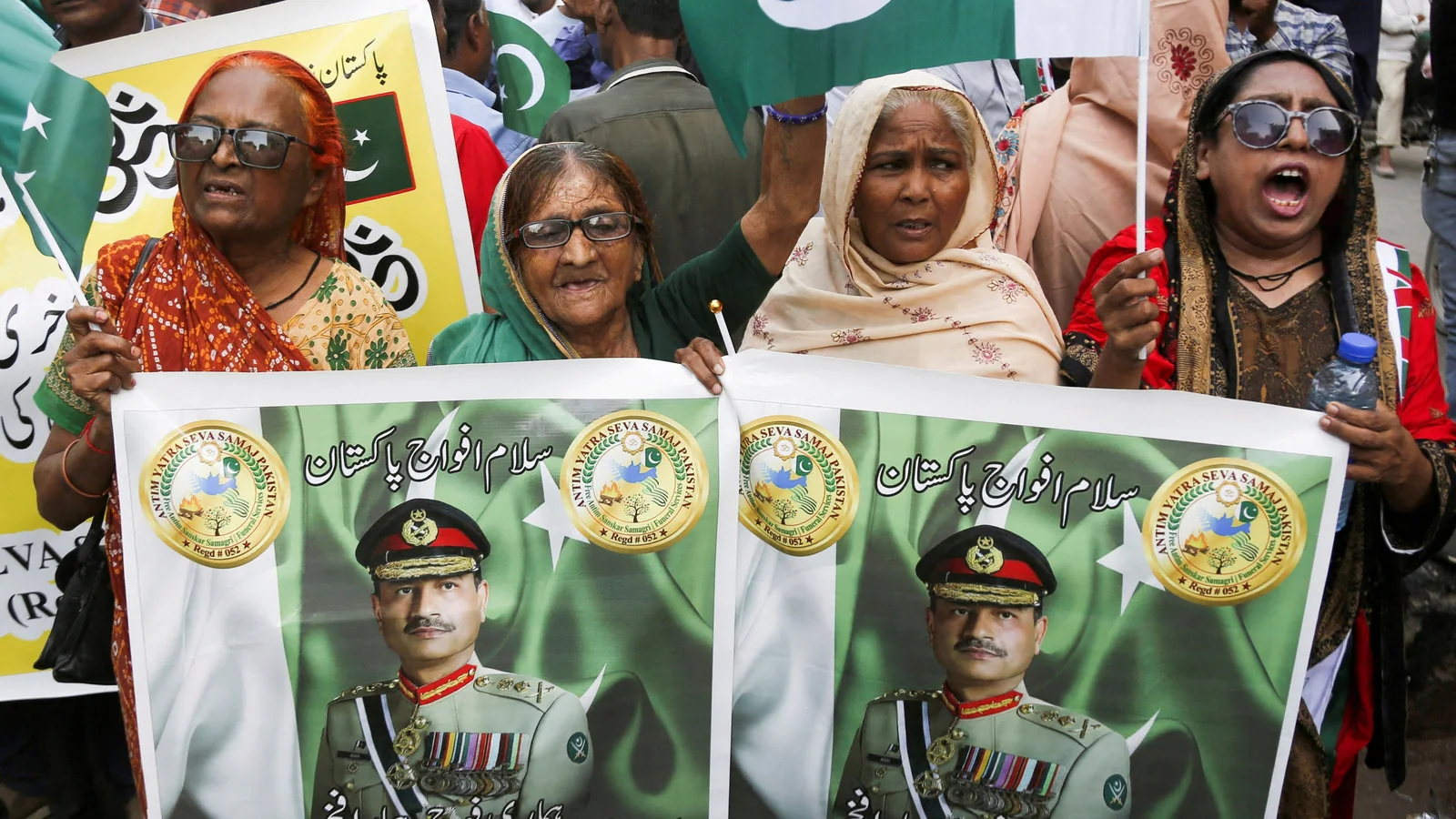Pakistan’s army chief, Field Marshal Asim Munir, declared that he sees himself as the “God-ordained protector of Pakistan,” dismissing rumours of an imminent leadership change in Islamabad. Speaking during an interview with journalist Suhail Warraich in Brussels, Munir insisted he has no political ambitions, stating: “I am a soldier and my greatest desire is martyrdom.”
The remarks come amid speculation about possible shifts in Pakistan’s power structure, with reports suggesting President Asif Ali Zardari could be asked to resign. Munir rejected these claims as “false narratives” spread by elements seeking to destabilise the state. He emphasized, “I do not desire any position other than being a soldier.”
Praise for allies, warning to rivals
While Munir expressed appreciation for U.S. President Donald Trump’s peacemaking efforts—highlighting Pakistan’s earlier push to nominate Trump for a Nobel Prize—he clarified Islamabad’s stance of balancing ties: “We will not sacrifice one friend for the other,” referring to U.S. and China.
In sharp contrast, he issued threats against India and Afghanistan, accusing both of destabilising Pakistan. He warned of retaliation if India collaborated with the Taliban to fuel unrest: “If Taliban elements are pushed into Pakistan, we will have to avenge the blood of every Pakistani.”
Economic vision & Reko Diq revenues
Shifting focus to Pakistan’s economy, Munir outlined a development roadmap, claiming Pakistan would generate an annual net profit of $2 billion from the Reko Diq mining project starting next year. He further asserted that Pakistan’s rare earth mineral reserves could reduce national debt and transform the country into a prosperous economy within the next decade.
On Imran Khan & Political Tensions
Addressing jailed former Prime Minister Imran Khan, Munir suggested that reconciliation with the military required an apology. He used religious allegory, comparing himself to God and Khan to Satan, saying that defiance leads to isolation while humility leads to righteousness.
Munir also praised Prime Minister Shehbaz Sharif’s leadership during recent crises, particularly Operation Sindoor, citing the premier’s “18-hour workdays” as evidence of resilience.
Broader context
The Brussels stop marked Munir’s return from his second U.S. trip in two months, where his earlier nuclear rhetoric against India drew criticism. His latest comments—blending religious undertones, economic pledges, and geopolitical warnings—underscore the Pakistan military’s continued dominance in shaping both domestic and foreign policy.













